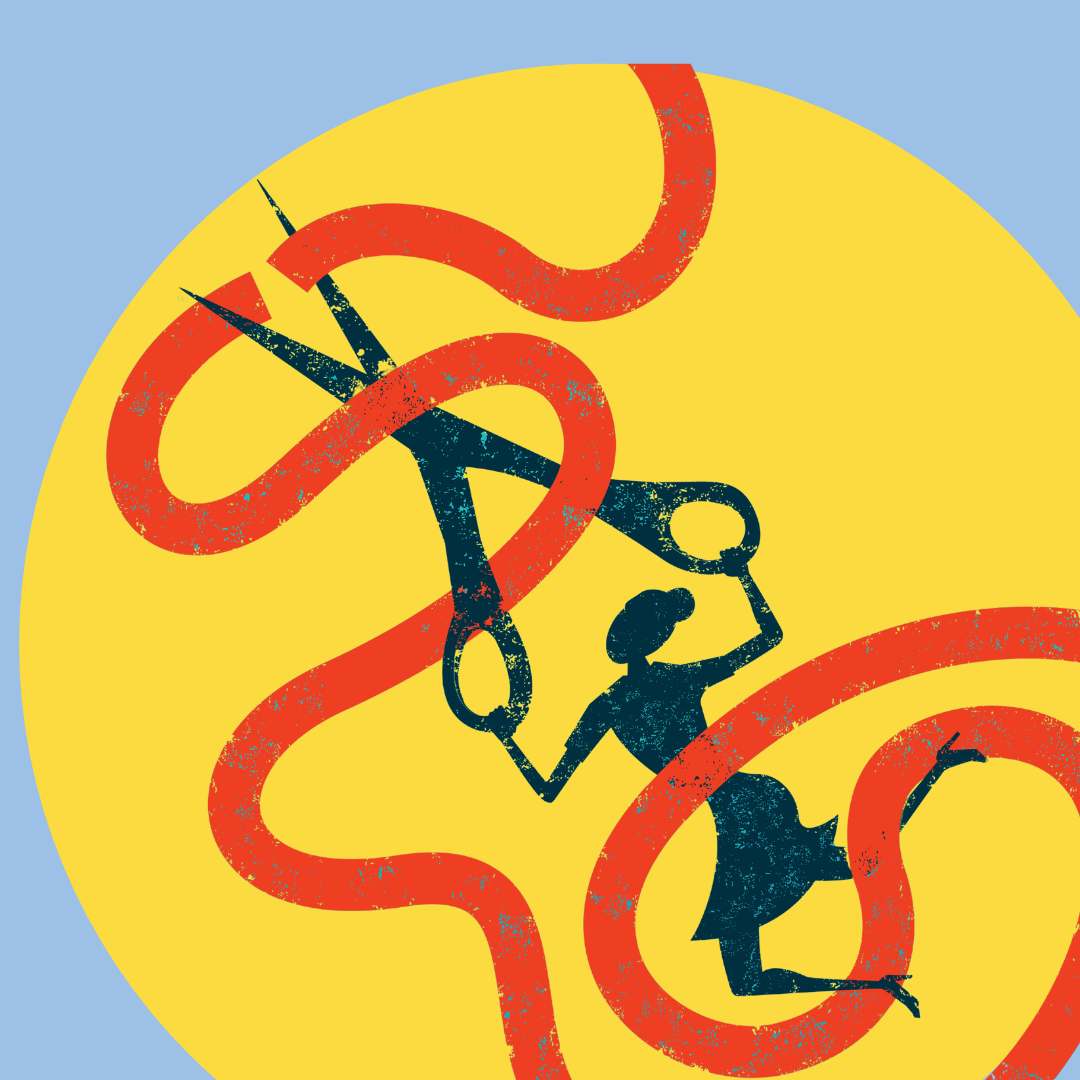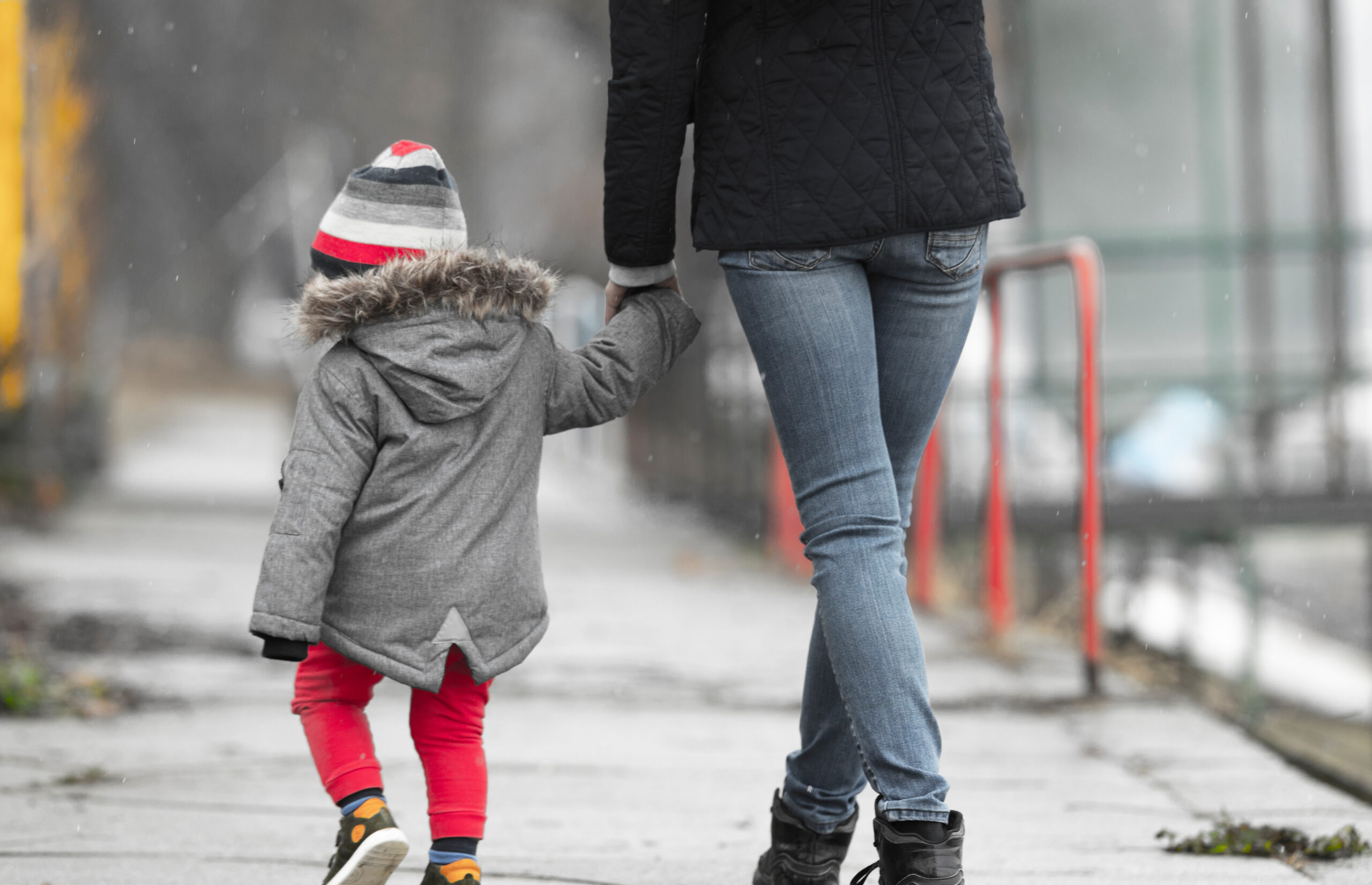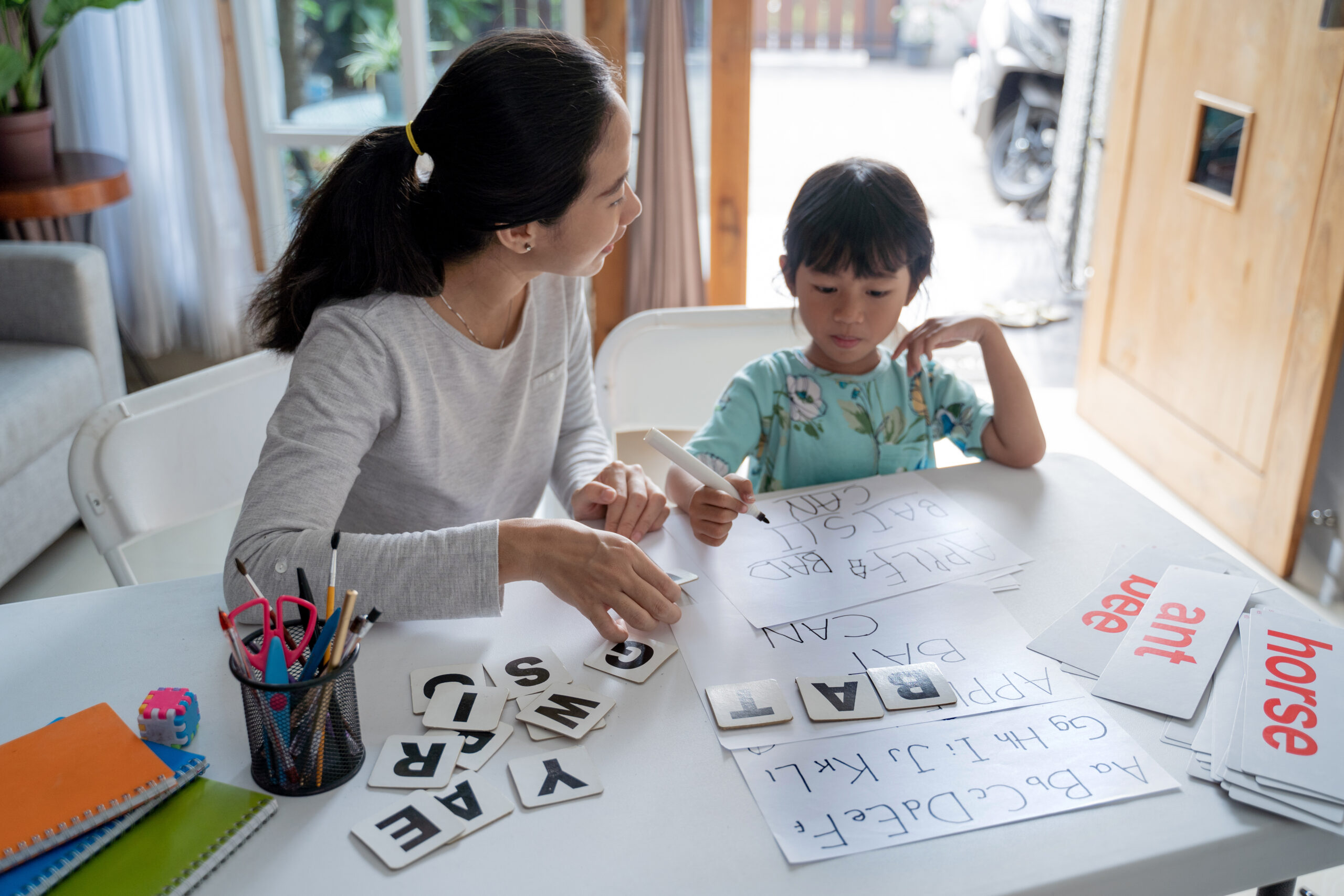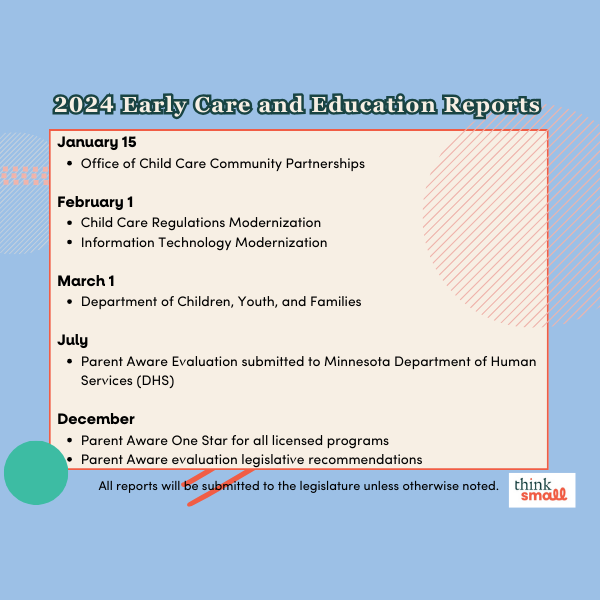 The first Minnesota’s Future Policy Hour of 2016 took place at Think Small’s Minneapolis office featuring leaders from the Minnesota Department of Human Services (DHS) to discuss the re-authorization of the federal Child Care and Development Block Grant (CCDBG).This legislation is an enormous accomplishment for the early learning community. It’s the first reauthorization since the 1990s, and it now includes a strong focus on children who need our care the most. The Minnesota Department of Human Services is in charge of working with state legislators and stakeholders to implement the new federal law to best suit the needs of Minnesota’s children and families.Proposed federal modifications to the reauthorization include stronger health and safety standards, more consumer education for parents, and changes in eligibility. An overview of the changes can be found online.The department presented Minnesota’s proposed plan to comply with the new regulations, and a conversation followed. Here are a few of the questions and comments that arose.
The first Minnesota’s Future Policy Hour of 2016 took place at Think Small’s Minneapolis office featuring leaders from the Minnesota Department of Human Services (DHS) to discuss the re-authorization of the federal Child Care and Development Block Grant (CCDBG).This legislation is an enormous accomplishment for the early learning community. It’s the first reauthorization since the 1990s, and it now includes a strong focus on children who need our care the most. The Minnesota Department of Human Services is in charge of working with state legislators and stakeholders to implement the new federal law to best suit the needs of Minnesota’s children and families.Proposed federal modifications to the reauthorization include stronger health and safety standards, more consumer education for parents, and changes in eligibility. An overview of the changes can be found online.The department presented Minnesota’s proposed plan to comply with the new regulations, and a conversation followed. Here are a few of the questions and comments that arose.
- The plan includes a set-aside for the infant and toddler age group. While people are excited to see more focus on these children, they also question what the financial benefits of certification for the age group would be. Some noted that cost of care for infants is high, but infant and toddler caregivers receive low wages. DHS noted they are “still in the infant stages” of figuring it out. (Pun intended.)
- The eligibility re-determination period will increase from six months to twelve months under the new rules. On the topic of a minimum of three months of continued child care when a parent loses a job or is no longer in education or training, DHS said they have talked to other states reporting that this seems to be generally adequate for families. After three months, many families are on TANF or have found a new job, so care is not interrupted. Some participants questioned this and wondered how it will affect homeless families, in particular.
- For consumer education, DHS plans to add more content to the Parent Aware website. The goal is to have a central location for information on everything from quality ratings to policies about preschool expulsion. Realizing that the internet will not be a good method for reaching all families, they will also implement other outreach efforts.
A draft of the legislative plan is due by the middle of January, but the public probably won’t hear about it until February. The federal plan is due March 1st.Thank you to DHS presenters Patrick Carter, Scott Parker, and Laurie Possin.







